Türkiye hosted commemoration ceremonies on Monday in memory of victims of the Khojaly Massacre on the anniversary of the tragedy that claimed the lives of Azerbaijani civilians 33 years ago. On Wednesday, the Turkish Foreign Ministry issued a statement to commemorate the incident in the eponymous town in Karabakh.
“We remember with mercy and respect the precious memory of our innocent Azerbaijani brothers who were massacred in Khojaly exactly 33 years ago, and we carry the pain of dear Azerbaijan in our hearts,” the Turkish Foreign Ministry said on X.
On the heels of the Soviet Union’s dissolution, Armenian forces took over the town of Khojaly in Karabakh on Feb. 26, 1992, after battering it with heavy artillery and tanks, assisted by an infantry regiment. The town was the site of a two-hour Armenian offensive that killed 613 Azerbaijani civilians – including 106 women, 63 children and 70 elderly people – and seriously injured 487 others, according to Azerbaijani figures. Some 150 of the 1,275 Azerbaijanis that the Armenians captured during what has now been called the Khojaly Massacre remain missing, while eight families were completely wiped out. The Karabakh region had been the site of mass killings and burials since the First Karabakh War in the early 1990s, during which the Armenian military occupied Nagorno-Karabakh – a territory internationally recognized as part of Azerbaijan – and seven adjacent regions, including Khojaly. In the fall of 2020, in 44 days of fighting, Azerbaijan liberated several cities, villages and settlements in Karabakh from some 30 years of Armenian occupation.
Türkiye was among the first countries to recognize the incident as a massacre and has called for justice for the victims. On Tuesday, a remembrance ceremony was held at the Khojaly Memorial Museum in the Kızılcahamam district of the capital, Ankara. The event hosted representatives of Azerbaijan’s Embassy and local officials. On Monday, the Turkish Parliament hosted a similar remembrance ceremony. Azerbaijan and Türkiye maintain close ties reflected by the motto of “two states, one nation.”
Recognition
The tragedy, however, is not internationally recognized by the international community as a genocide, unlike Armenian claims that Türkiye engaged in genocide during World War I against Armenians, which was recognized as such by several countries. On the occasion of the anniversary, Azerbaijan’s ombudsman, Sabina Aliyeva, called for international recognition of the massacre as an act of genocide and urged accountability for those responsible. In a statement, Aliyeva condemned the massacre as one of the bloodiest chapters in modern history, describing it as part of Armenia’s long-standing policy of ethnic cleansing and hatred against Azerbaijanis.
Aliyeva said the massacre violated numerous international laws, including the 1949 Geneva Conventions, the Genocide Convention, the Convention on the Rights of the Child, and the International Covenant on Civil and Political Rights, citing breaches of fundamental rights such as the right to life and protection from torture. The Azerbaijani Parliament officially recognized the Khojaly Massacre as genocide in 1994, following an initiative by the country’s late national leader, Heydar Aliyev, designating Feb. 26 as the Day of the Khojaly Genocide.
The “Justice for Khojaly” campaign, led by the Heydar Aliyev Foundation, has sought to raise global awareness of the massacre, pushing for its recognition as genocide. To date, 18 countries, 24 U.S. states, the Organisation of Islamic Cooperation (OIC) and the Organization of Turkic States (OTS) have recognized the massacre as genocide or condemned the killings. Aliyeva also highlighted recent forensic excavations in territories retaken by Azerbaijan during the 2020 Second Karabakh War and 2023 operations, which uncovered new mass graves, further evidencing atrocities committed during Armenia’s occupation. Despite repeated calls, Armenia has not provided information on nearly 4,000 Azerbaijanis still missing from the First Karabakh War, Aliyeva said, nor has it disclosed the locations of mass graves.
The ombudsman referenced past statements from Armenian officials, including former President Serzh Sargsyan, as well as testimonies from individuals accused of war crimes, as evidence of the intentional nature of the massacre. Books by Armenian figures, including Markar Melkonian and Zori Balayan, were also cited as sources confirming the scale of violence. Aliyeva urged international organizations and world governments to formally recognize the Khojaly Massacre as genocide and ensure those responsible face justice. The statement was sent to the United Nations, the European Union, the Council of Europe, the Organization for Security and Cooperation in Europe, the OIC and various ombudsman institutions, calling for global solidarity and legal accountability.
Seventy-year-old Selim Musayev is among the victims of the tragedy who were captured by Armenian forces along with his mother and two sons. Musayev recalled how Armenians started attacking Khojaly with artillery fire on the evening of Feb. 25, 1992. Forced to flee their homes, Musayev and others witnessed some houses in their village on fire. “These were houses of Ahıska Turks, and most of them were killed in the massacre,” Musayev told Anadolu Agency (AA) on the anniversary of the massacre, referring to the ethnic Turkish community, also known as Meskhetian Turks.
Musayev took his elderly mother, young children and neighbors to a forest to escape the advancing Armenian forces. “We walked for hours in the forest, through knee-deep snow. At a point, we were ambushed by Armenians. They opened fire. My son Ramil was injured. Eventually, some 70 people were captured by Armenians,” he said. Musayev remembers civilians were taken to a farm while Azerbaijani youth in military uniforms were taken elsewhere.
“We were in the company of an old woman and her three sons wearing military fatigues. They took away her sons, though she begged them to let them go. I saw she was beaten by the butt of a rifle. She never heard back from her sons,” Musayev said.
Recalling his days in captivity, Musayev said Armenians constantly insulted and beat them. “After a while, we were not able to walk. My son Ramil was beaten so much that he still has health problems to this day. We never forgot those difficult days,” he said. Musayev was kept in captivity for about a month before he was released as part of an exchange of prisoners. Years later, he witnessed the liberation of Khojaly from Armenians in September 2023.
“We cheered it like a child would do. My prayers for seeing Khojaly liberated were answered,” said Musayev, who is now counting down to the completion of new houses built for residents of Khojaly to move there back again.

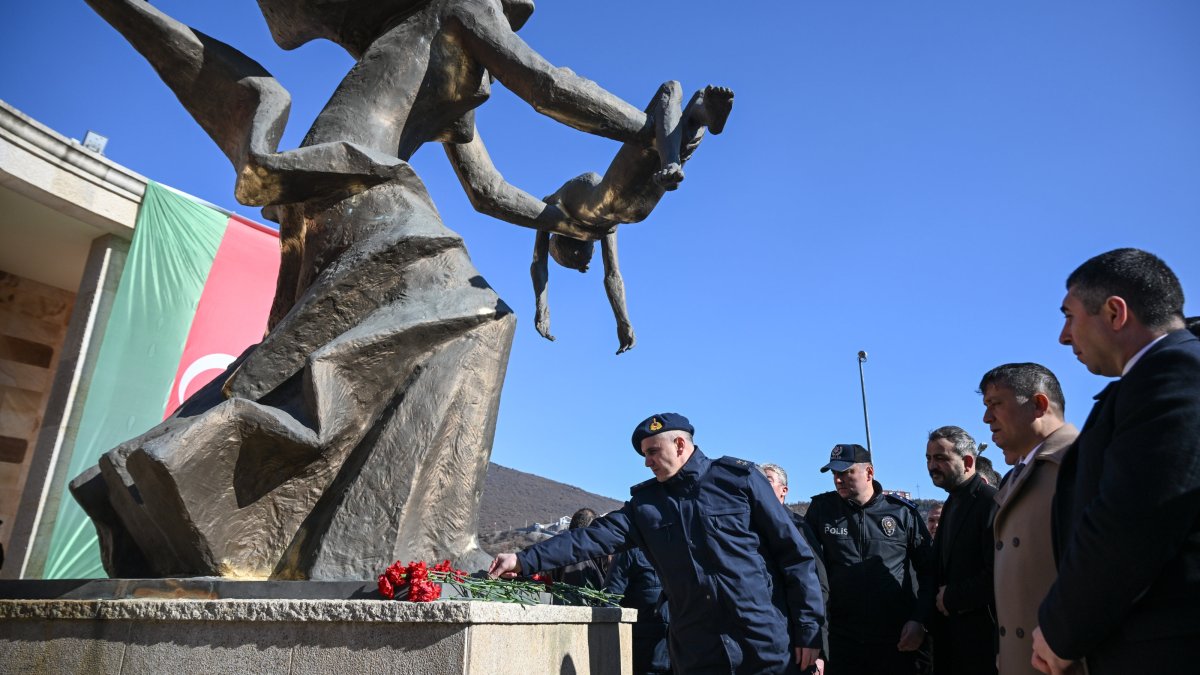
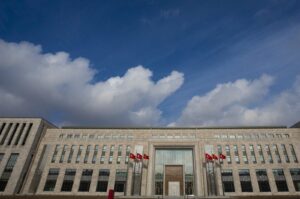

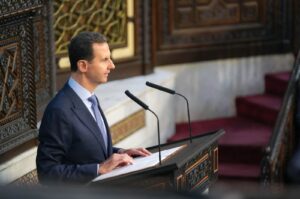
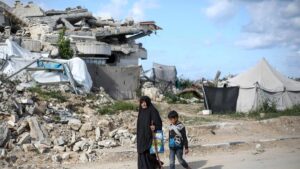
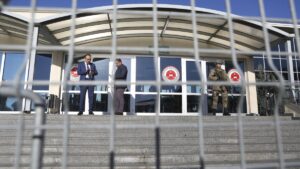
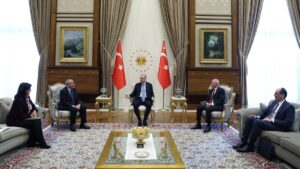
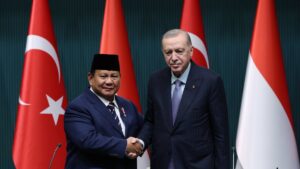
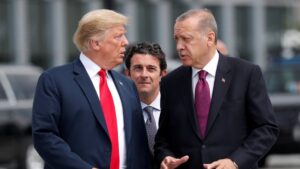
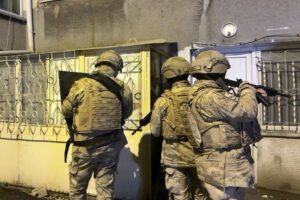
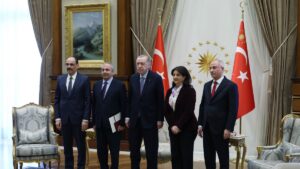

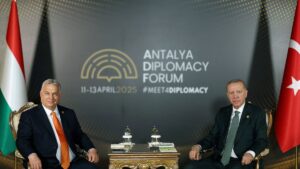
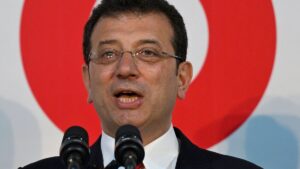
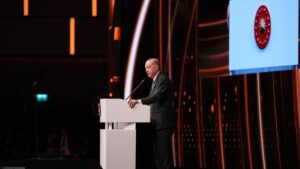
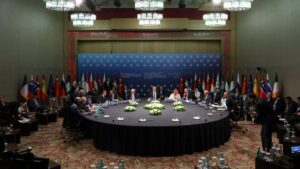

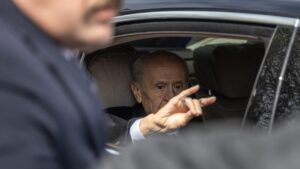
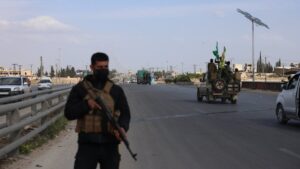
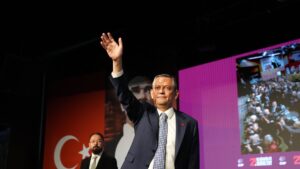
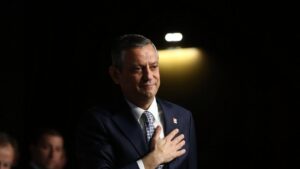
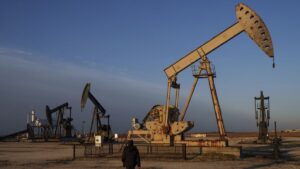
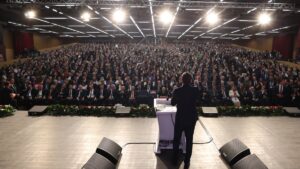
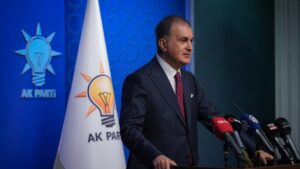
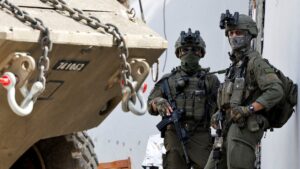
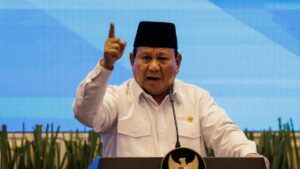
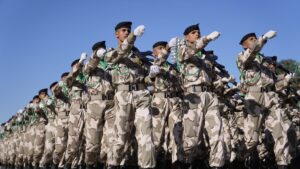
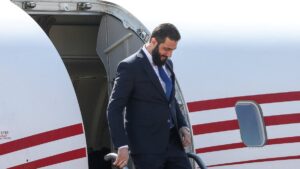
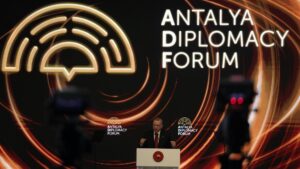
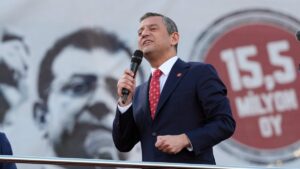
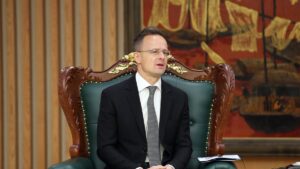
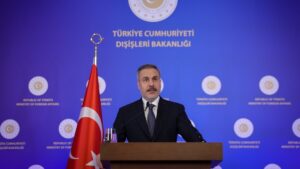
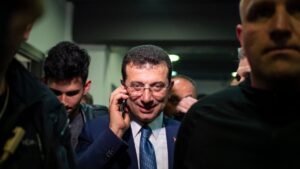
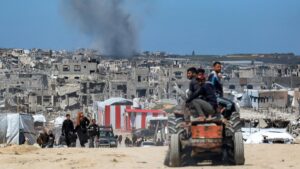
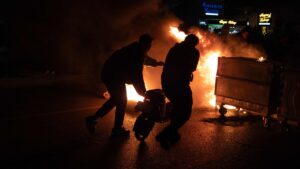
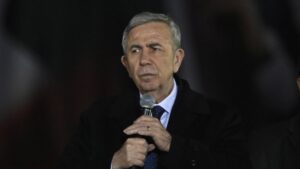
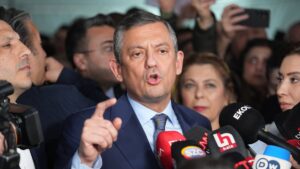
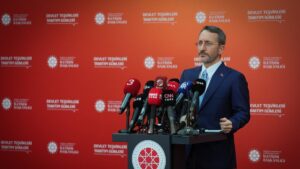





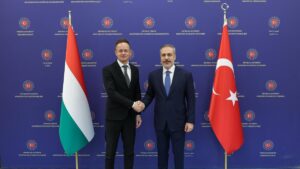
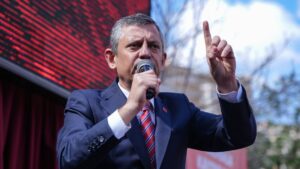
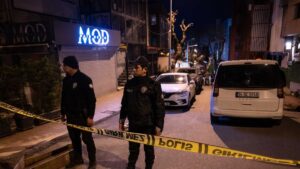
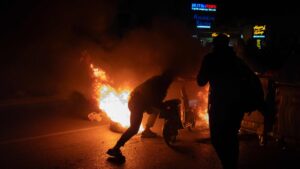
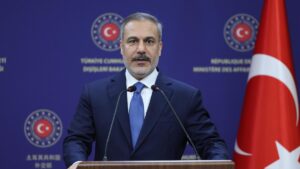
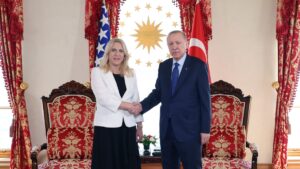
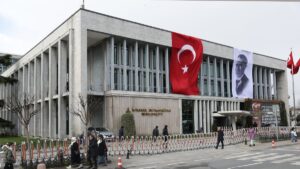

Be First to Comment